Roche says broader tests needed for second Covid wave
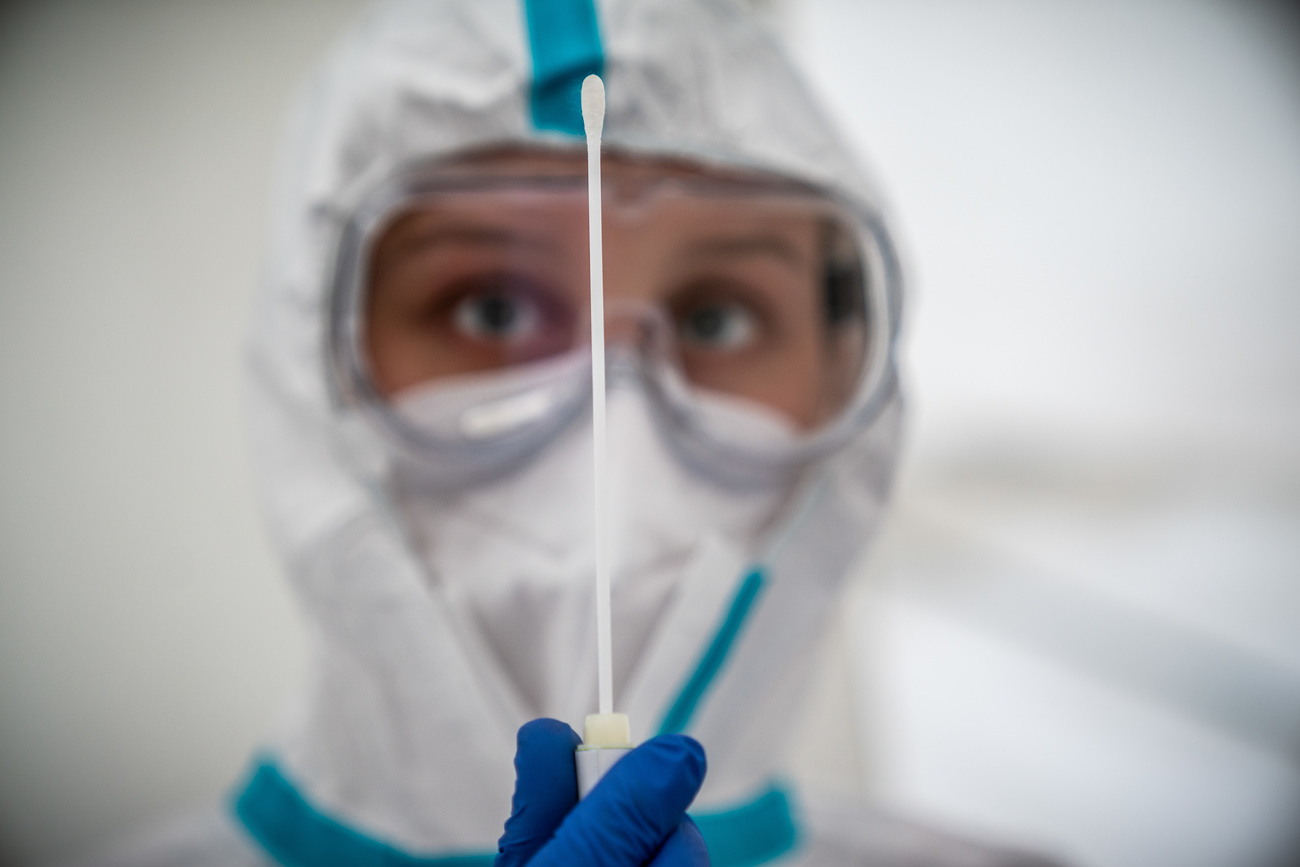
Pharmaceutical group Roche says authorities will have to use less accurate antigen testing as well as the gold standard polymerase chain reaction test to identify potential cases of Covid-19 if they are to start to cope with the second wave of infections.
“If you look at the curves going up everywhere, relying on PCR alone will not work,” Thomas Schinecker, head of diagnostics at the Swiss company, told the Financial Times.
PCR testing assesses whether the genetic material of a virus is present, while antigen tests look for a protein that is present on the outside wall of a virus.

PCR tests are more accurate, but Schinecker said antigen tests could help detect positive cases when people are at their most infectious and their likelihood of spreading the virus at its highest.
“Only a very small percentage [of those infected] is responsible for 60-70% of infections,” he said. “What is clear, and not only for this virus, is that if you have more virus, you’re more likely to be more infectious.”
The Roche antigen test currently on the market uses material collected from throat and nose swabs, though executives said that in the coming months they hoped to be able to launch a version that works using saliva.
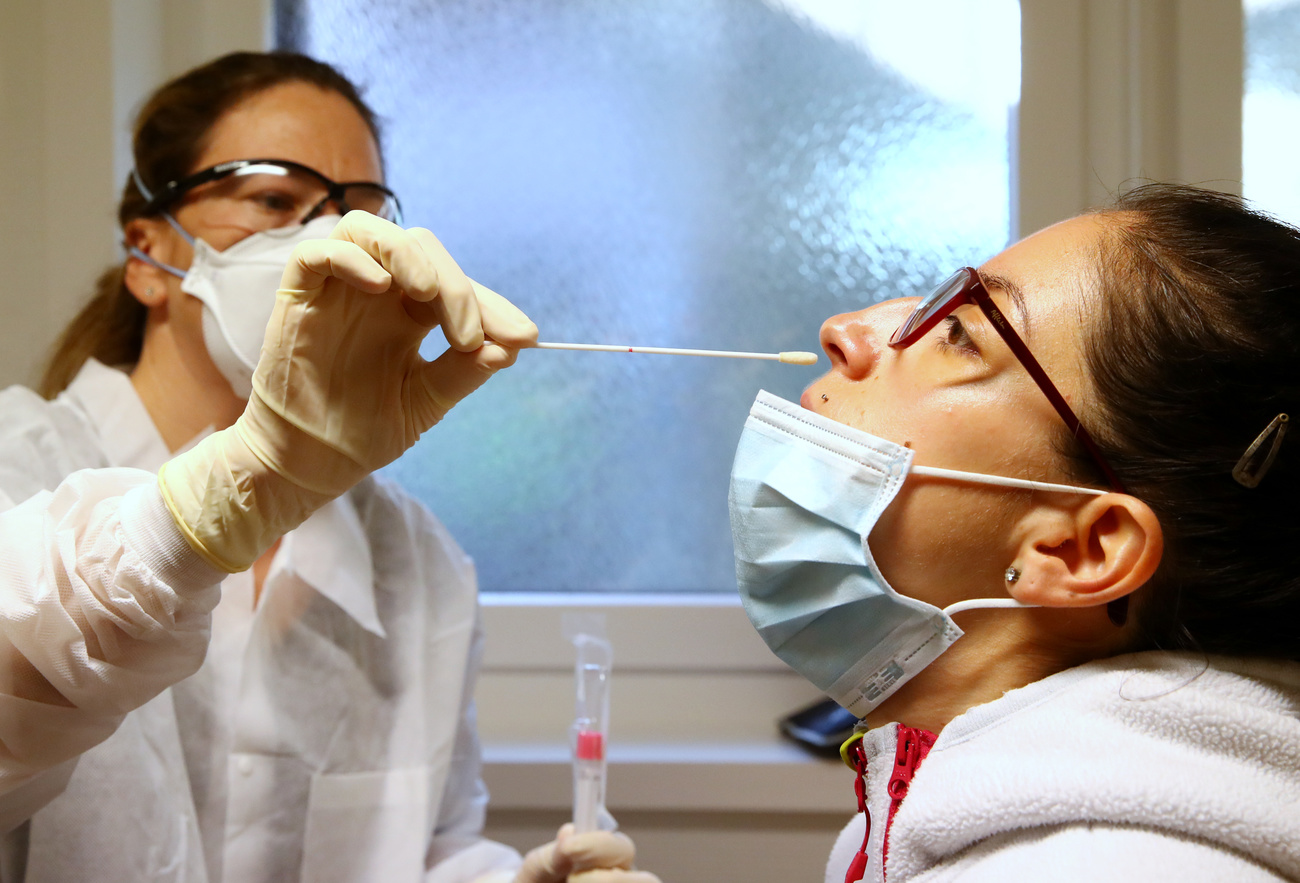
More
Roche poised to launch mass Covid testing
Schinecker said the company could supply about 50 million such tests in November and December, increasing to 80 million after that.
Its current PCR manufacturing capacity is about 20 million tests a month.
Allocation
Roche also noted the problems caused by a lack of international co-ordination on securing tests and drug supplies. Severin Schwan, the company’s chief executive, told the FT that every country was “trying to secure [its own] interests”.
“There is no international authority which would take care of the allocation [of diagnostics],” he added.
“That is a challenge for us, and we always have to make sure the allocation is based on fair criteria, so we can defend it to all countries,” he said, noting also that because supply chains are cross-border, hoarding components made in one country has local and international effects.
Schinecker said Roche allocated PCR tests based on population size and “installed capacity” – a measure of lab equipment in the country. “You cannot allocate a test to a country that doesn’t have any instruments installed,” he said.
Shares in Roche, which published results on Thursday, fell 2.6% in morning trading. It confirmed its outlook for the year, but total sales missed consensus estimates, growing 1% at constant currencies to CHF43.98 billion ($48 billion) in the first nine months of 2020. Roche does not report profit figures in the third quarter.
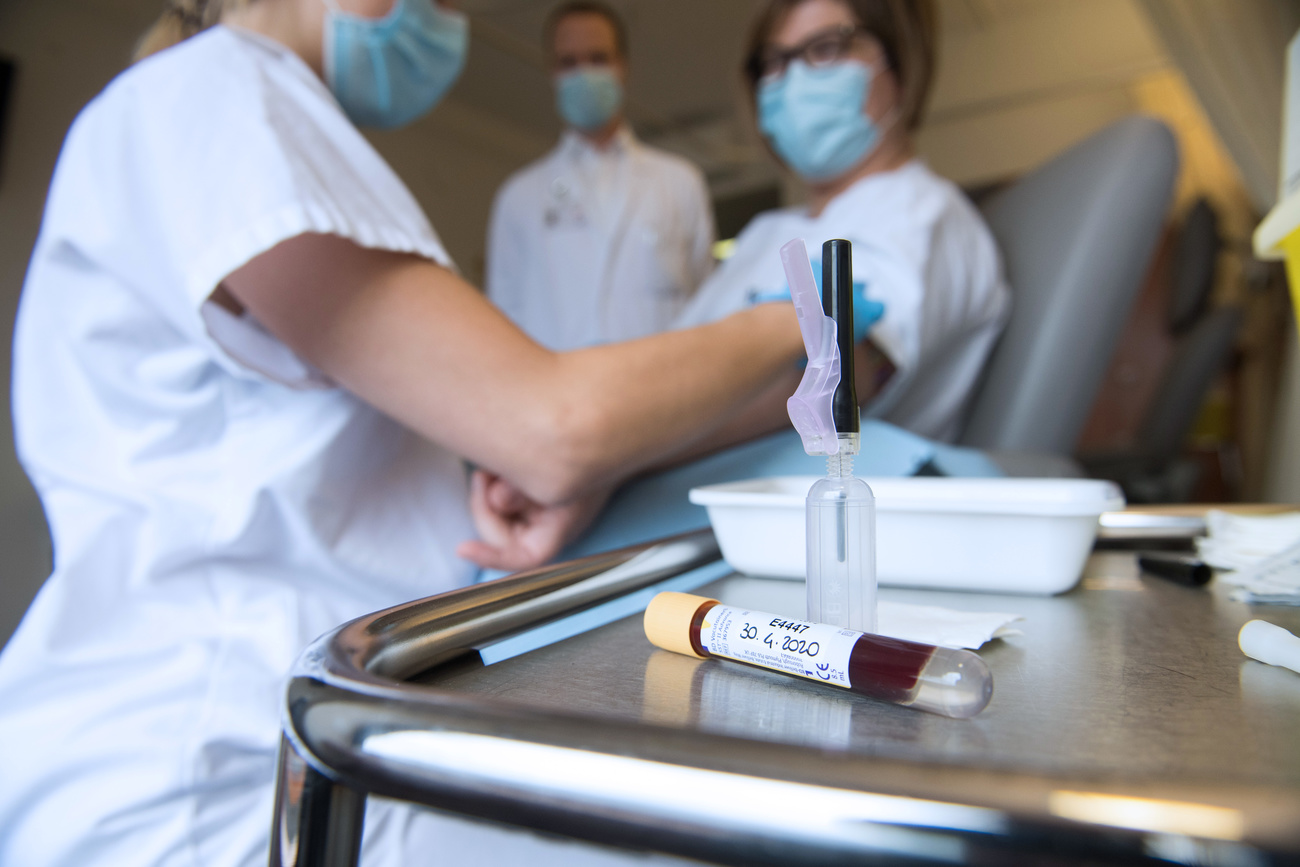
More
Roche supply problems hit UK Covid testing regime

In compliance with the JTI standards
More: SWI swissinfo.ch certified by the Journalism Trust Initiative
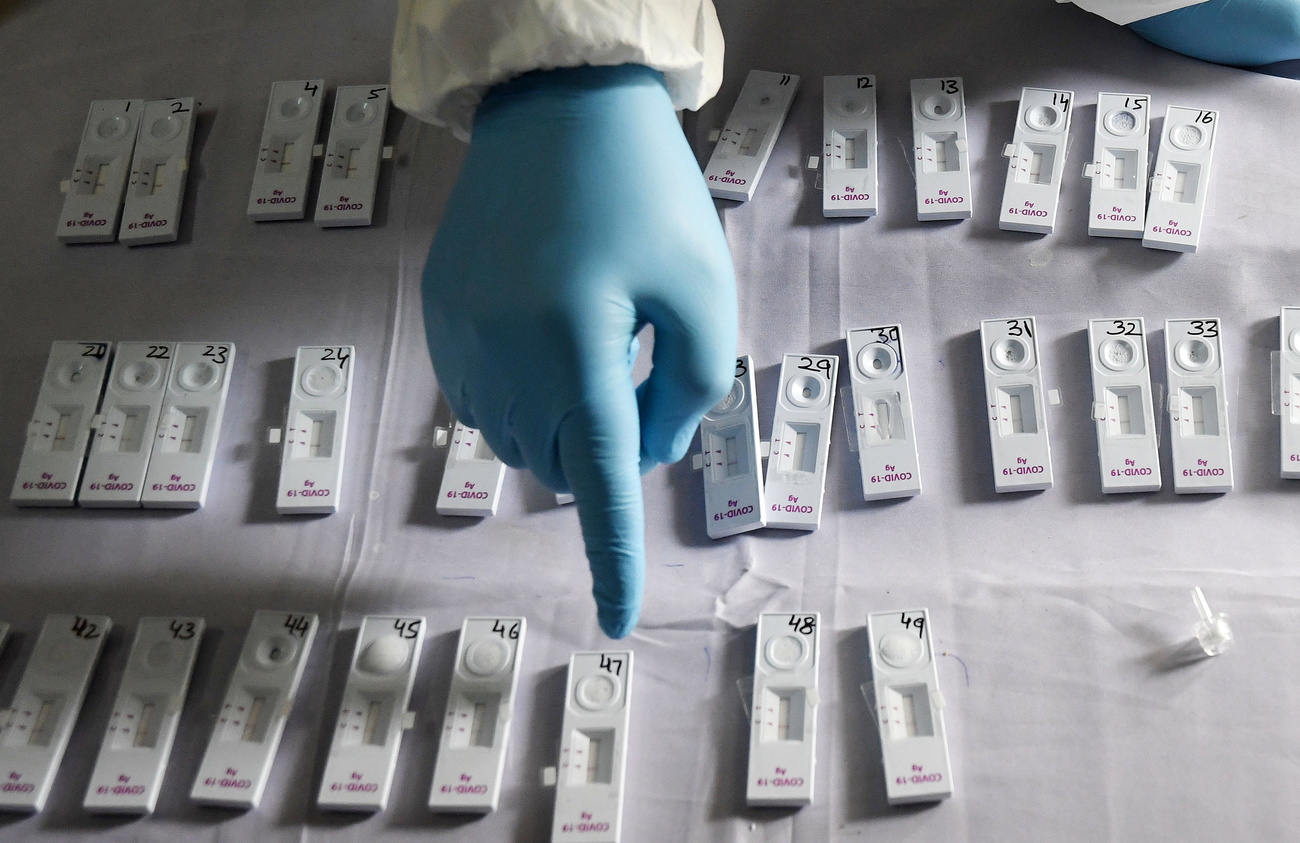
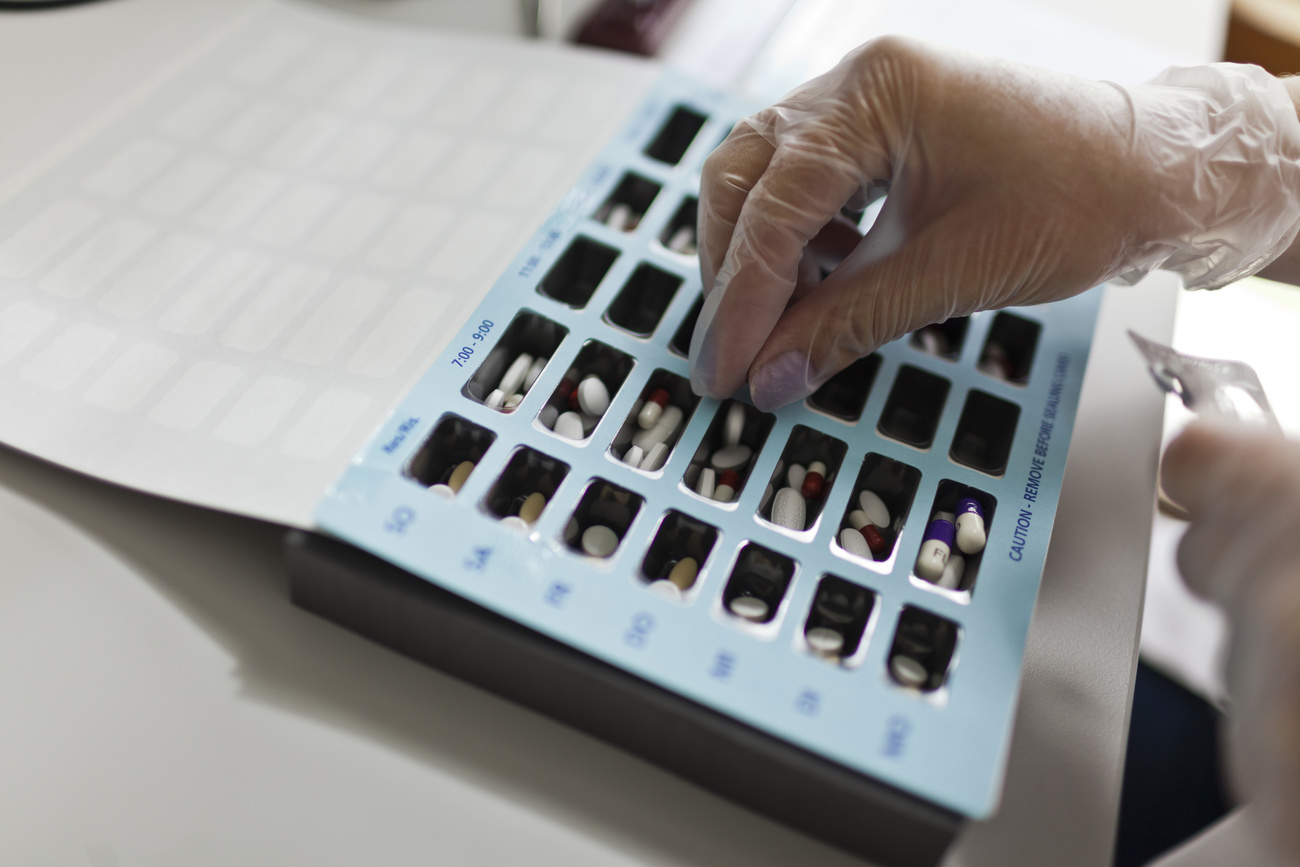
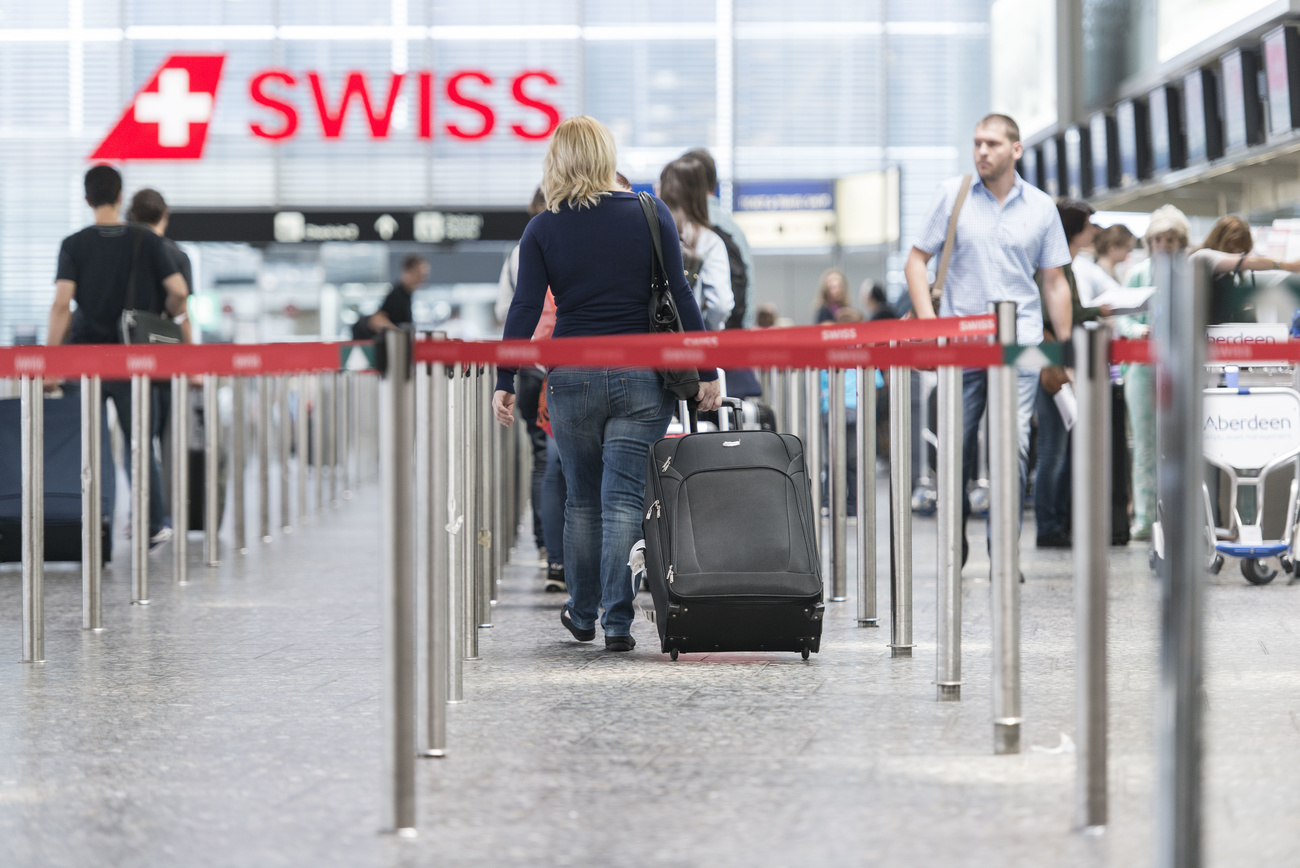
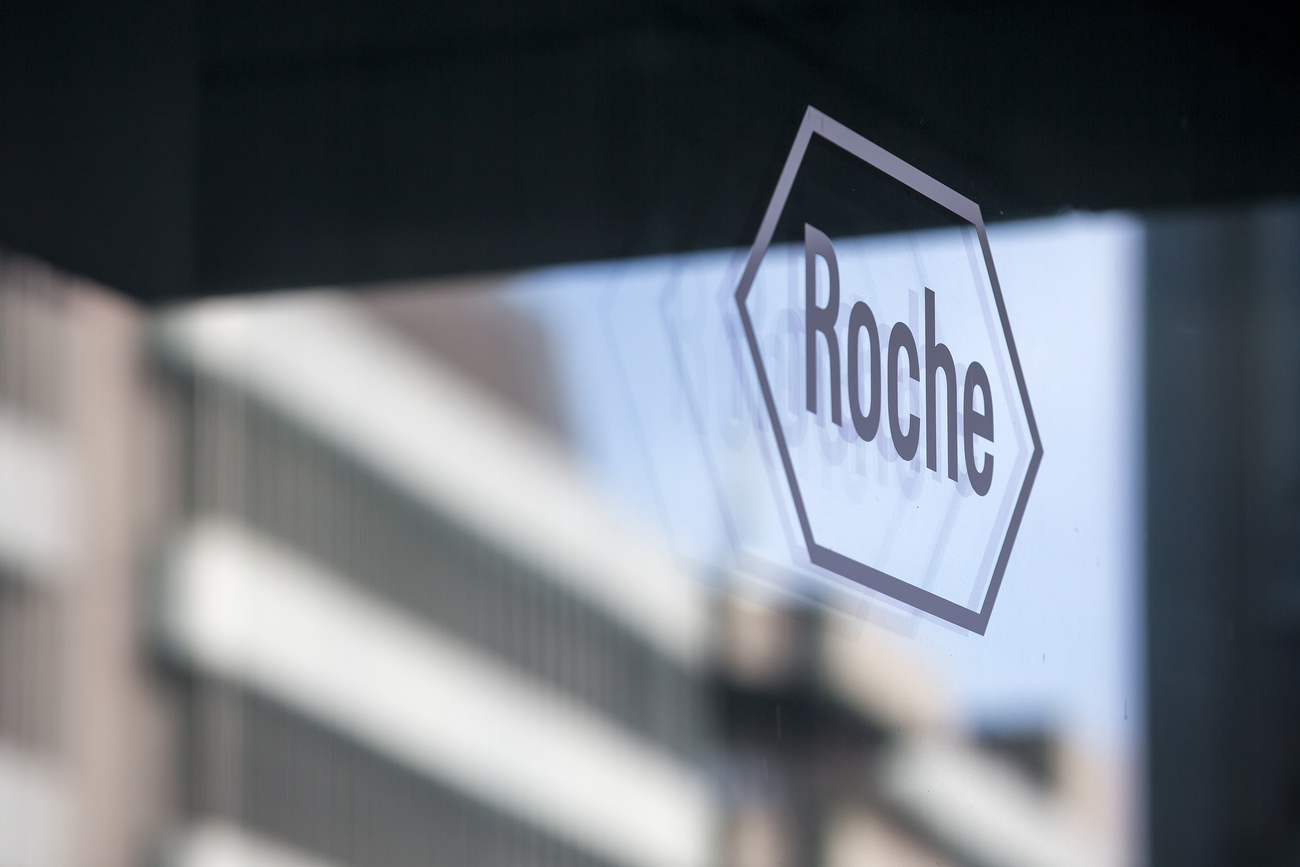
You can find an overview of ongoing debates with our journalists here. Please join us!
If you want to start a conversation about a topic raised in this article or want to report factual errors, email us at english@swissinfo.ch.